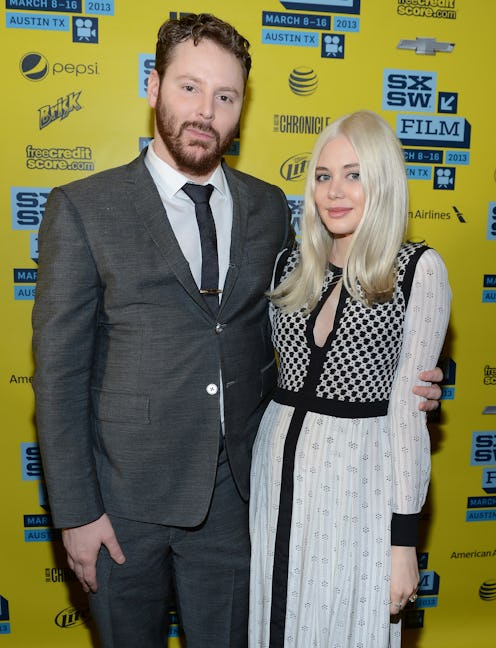Life
Sean Parker, Honeymoonster Extraordinaire
While the well-known bridezilla usually dies off after the wedding day, leaving us in the clear, there's a new bridal creature to watch out for: the post-wedding honeymoonster.
This all started yesterday, when social media mogul Sean Parker posted a 9,500-word essay on TechCrunch defending his lavish $10 million wedding. Enter New York Magazine 's Maureen O'Connor, who identifies and labels the post-wedding craziness we've been seeing on social media. Although the bridezilla excessively controls the wedding, the honeymoonster dictates how people perceive and remember the wedding, especially via social media.
The length of Parker's essay is causing almost as much of a conversation as its content:
So you don't have to go through his epic essay, let me break it down for you. First, Parker describes the wedding:
[Guests] left the ordinary world behind and entered an extraordinary world imagined as a kind of collaborative art project between me and my wife-to-be, Alexandra.[...] The fog rolling in from the ocean enveloped us, imbuing the moment with a feeling of supernatural bliss. [...] Many of our friends who lingered recounted their memories of the wedding, describing the event using words like “beautiful,” “tasteful,” “enchanted,” “epic,” and “a fantasy.”
Of the media backlash against his wedding, Parker says:
This was the sort of angry invective normally reserved for genocidal dictators. [...] But nothing is sacred on the Internet, not even a wedding.
As a honeymoonster, Parker cannot be content with enjoying his newlywed life. Instead, he insists everyone else join in celebration with him.
I suppose the myth that was created about me was too good of a story for people, including the media, to stop telling it. This myth about me lives on in spite of me, and after I’m gone, it may even live on without me.
Yet Parker, the first president of Facebook, helped create the hell he lives in.
A kind of mob mentality reigns supreme in the unrestricted, uncivilized world of social media: whether it is found on Facebook, on Twitter, in blogs, or even in the remnants of traditional journalism, where the old guard is now forced to compete with the instantaneous news cycle of the “real-time web” and the blogosphere.
Get over yourself, Parker. Facebook and Twitter already have.
